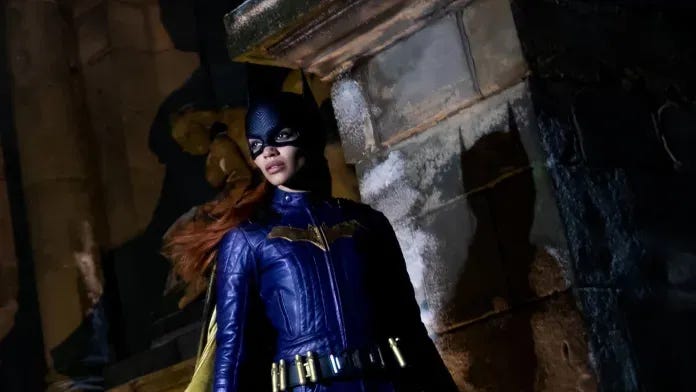Is the future of movies… at the cinema?
Could we see Batgirl dance her way into cinemas later this year at the expense of an in-lounge room private Batusi?

Batgirl is at centre of shift in Warner Bros strategy. Possibly out the door is the HBO Max-first mentality of the media giant.
With the new team taking over at the recently rebranded Warner Bros Discovery, all projects are currently being looked at. Among them is the mid-budget Batgirl movie (believed to cost about $70-ish million). That film had been g…
Keep reading with a 7-day free trial
Subscribe to Always Be Watching to keep reading this post and get 7 days of free access to the full post archives.



